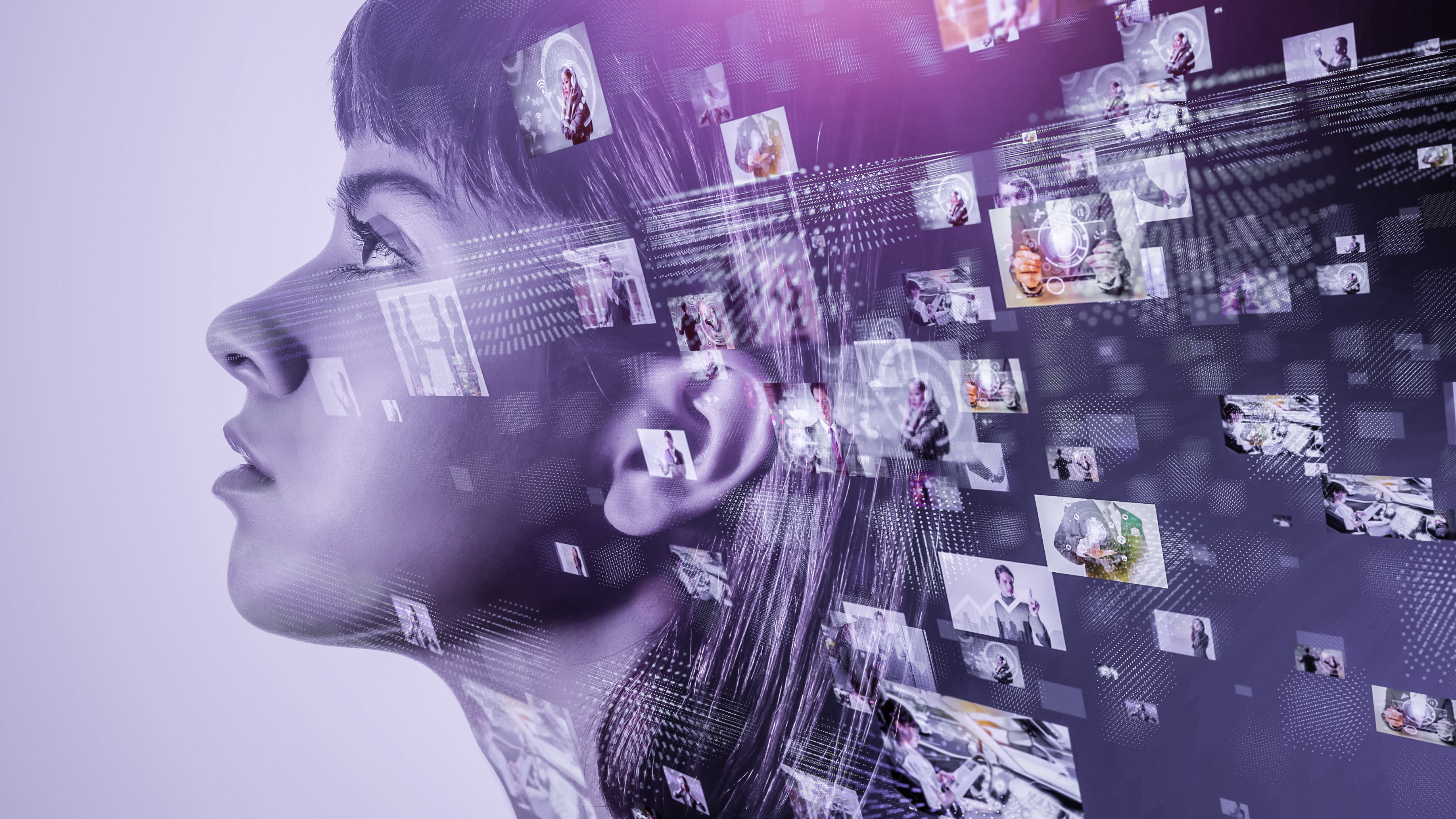
On Thursday 05 September 2024, the UK, the US, and European Union member states signed the first legally binding international treaty governing the safe and responsible use of AI.
The AI Convention has been in the works for years, and was adopted in May after discussions between 57 countries about the risks and dangers unchecked usage of artificial intelligence could pose.
The Convention’s primary focus is on the protection of human rights of people affected by AI systems, and is not the same as the European Union AI Act which came into force last month.
The Council of Europe said its 46 member states, and 11 non-member states including the US, Australia, Canada, Israel, Argentina, and Japan were involved in the drafting process.
The Council of Europe was founded in 1949 as an international organization separate from the EU, with the purpose of safeguarding human rights. It has 46 member states, including all 27 EU member countries, as well as the UK.
Apart from the US, UK and EU, signatories of the convention so far have included: Andorra; Georgia; Iceland; Norway; the Republic of Moldova; San Marino and Israel, but “countries from all over the world will be eligible to join”, the Council of Europe added.
The declaration cites the “potential for serious, even catastrophic harm, either deliberate or intentional, stemming from the most significant capabilities” of AI models.
AI systems have already been deployed in many aspects of daily life, such as housing, transport, education, health, and justice and it is likely to gather more momentum as the technology advances.
Along with the positive uses for AI, including wildfire detection and cancer diagnosis, there are risks.
According to the UK government website: “Substantial risks may arise from potential intentional misuse or unintended issues of control relating to alignment with human intent. These issues are in part because those capabilities are not fully understood and are therefore hard to predict.
“We are especially concerned by such risks in domains such as cybersecurity and biotechnology, as well as where frontier AI systems may amplify risks such as disinformation. There is potential for serious, even catastrophic, harm, either deliberate or unintentional, stemming from the most significant capabilities of these AI models.”
To that end, the countries involved have agreed to encourage transparency and accountability among frontier AI developers and regulate the risks arising from rapid advancements in AI.
It comes after Biden’s Executive Order in AI in October 2023, the Bletchley Declaration in November 2023, the US and UK safety institute collaboration in April of this year, and the King’s announcement that the UK government plans to introduce AI legislation on the most powerful AI models in July this year.
The new rules will include transparency for AI-generated content, oversight requirements, and accountability. China has not signed the AI Convention, however, it has introduced its own AI related measures, and has signed the Bletchley Declaration.
Take a look at our guides to the best AI image generators, the best monitors for photo editing, and the best photo editing laptops.







